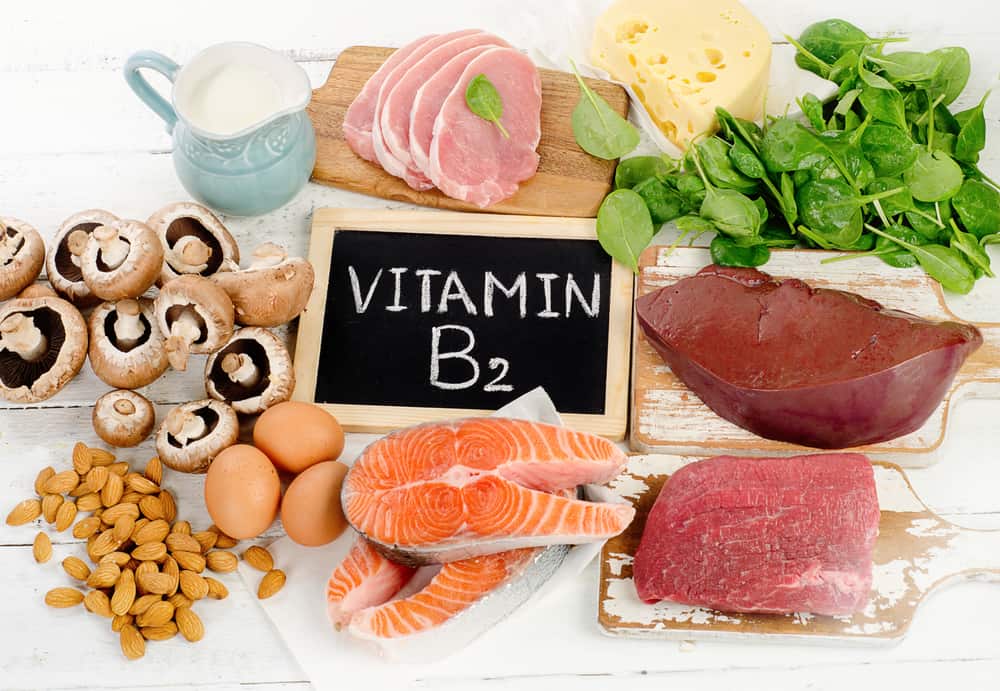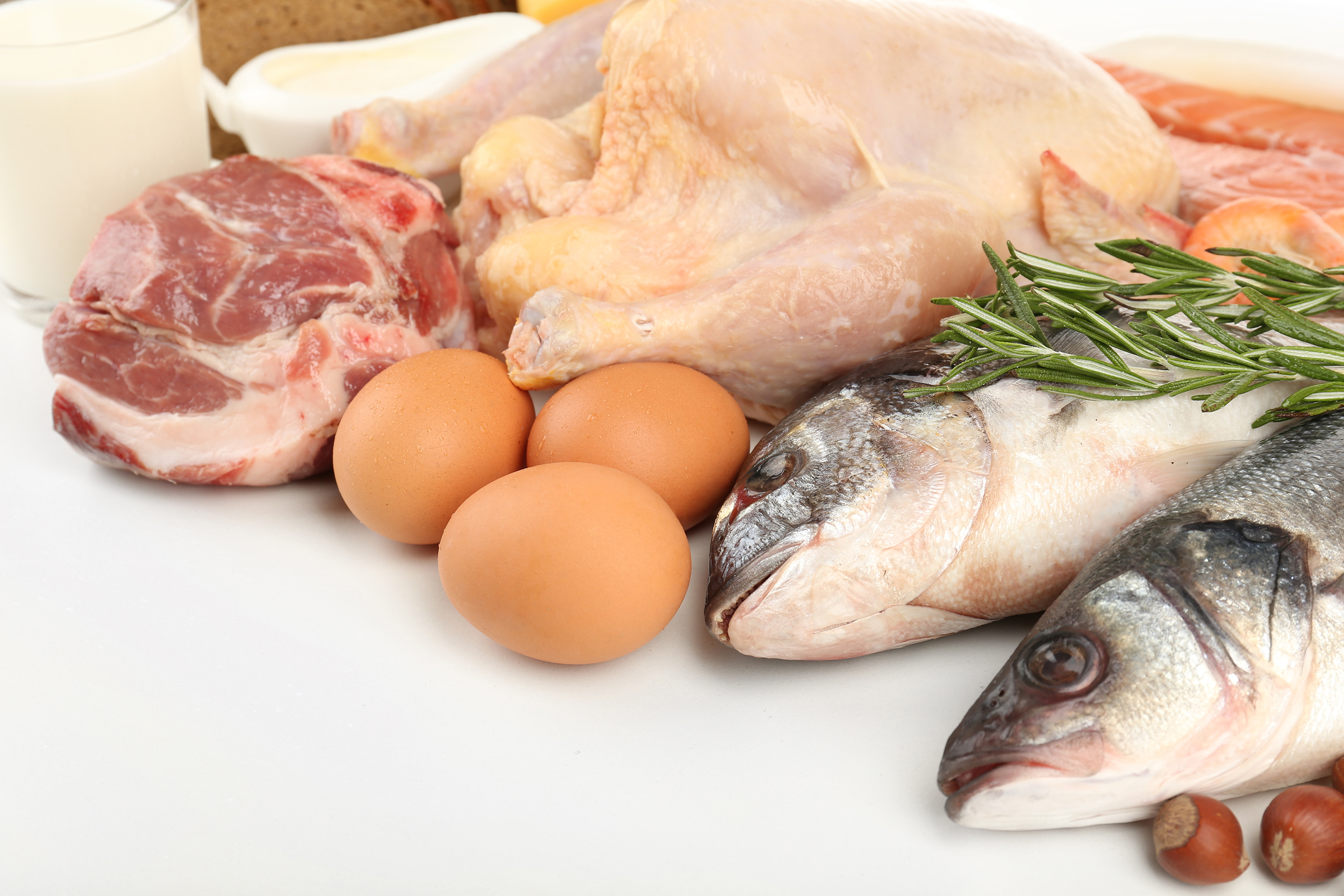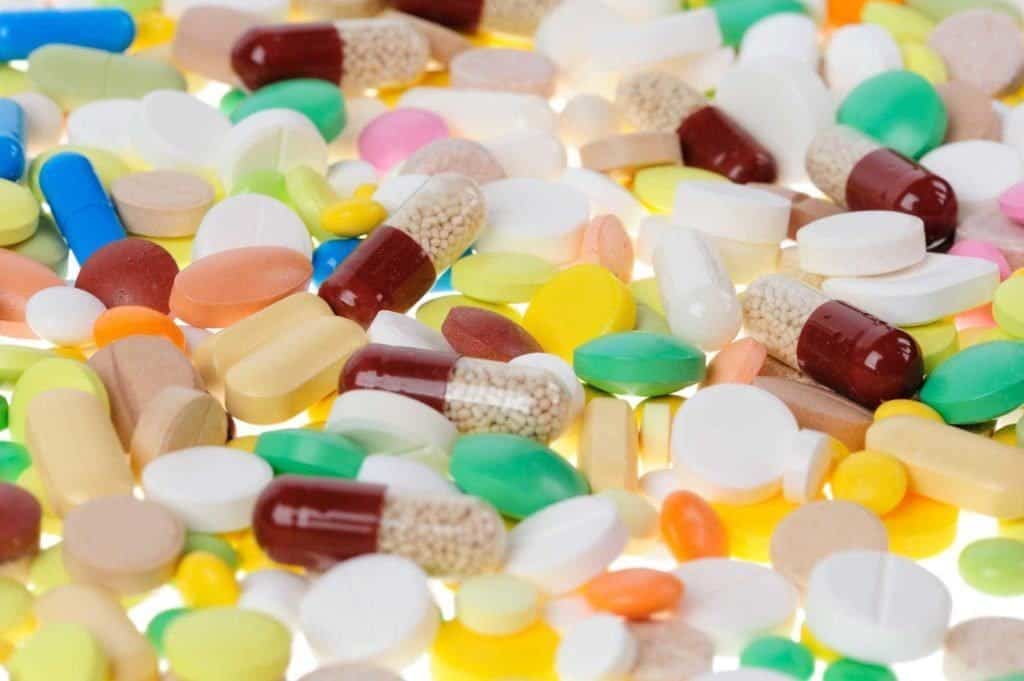Contents:
- Medical Video: B Vitamins - What You Need To Know
- Benefits of vitamin B2 for the body
- 1. Prevent cataracts
- 2. Maintaining the health of the womb
- 3. Treat and prevent migraines
- 4. Maintain healthy skin and hair
- 5. Prevent and overcome anemia
- 6. Prevent blockage of blood vessels
- 7. Increases energy
- The best food source containing vitamin B2
- How much vitamin B2 does the body need?
Medical Video: B Vitamins - What You Need To Know
Vitamin B2 is one type of vitamin that is needed in growth and is useful for carrying out normal cell functions. This vitamin, also called riboflavin, includes 1 of 8 vitamin B complexes needed for various body developments such as the skin, the lining of the digestive tract, blood cells, and brain function. Yes, there are many benefits of vitamin B2 for the body.
Riboflavin works by converting carbohydrates into adenosine triphosphate (ATP), which is the body's energy source. Not only that, you can get a range of other benefits of vitamin B2 by consuming the best sources.
Benefits of vitamin B2 for the body
Taking vitamin B2 offers a myriad of benefits to the body. The following are various benefits that can be obtained, including:
1. Prevent cataracts
The benefits of vitamin B2 are first for eye health. According to the University of Michigan, United States, this vitamin is needed to protect glutathione which is a group of important antioxidants in the eye. So eating foods rich in riboflavin can reduce the risk of cataracts. In addition, the National Library of Medicine also explains that taking supplements containing riboflavin and niacin can also help prevent cataracts.
2. Maintaining the health of the womb
According to research conducted at the University of Women's Hospital, Heidelberg, Germany, riboflavin helps maintain healthy pregnancy. The researchers found that pregnant women who lacked riboflavin intake were at risk of developing preeclampsia. Preeclampsia is a condition that occurs in pregnancies entering the 20th week which is characterized by high blood pressure in pregnant women even though they have no history of hypertension (high blood pressure).
3. Treat and prevent migraines
A study at the Humboldt University of Berlin found evidence that people who experience migraines and take high doses of riboflavin experience a reduction in symptoms. Some other evidence also shows that besides reducing symptoms and pain during migraines, riboflavin is able to shorten the duration of migraines.
To be able to treat and prevent migraines, doctors usually prescribe riboflavin in high doses of around 400 mg in one drink.
4. Maintain healthy skin and hair
Riboflavin plays a role in maintaining collagen levels in the body. Collagen itself plays an active role in maintaining healthy skin and hair. Collagen is needed to maintain the structure of the skin to stay young and prevent the appearance of fine lines and wrinkles that are a sign of premature aging.
5. Prevent and overcome anemia
Vitamin B2 helps to synthesize the hormone steorid and the production of red blood cells to help transport oxygen to cells and help deliver iron. When you are deficient in vitamin B2, you are at risk for anemia and sickle cell anemia because the production of red blood cells is disrupted.
6. Prevent blockage of blood vessels
The next benefit of vitamin B2 is preventing blood vessel blockage by lowering homocysteine which is too high. Homocysteine is an amino acid produced in the human body. Quoted from WebMD, taking vitamin B2 supplements for 12 weeks can reduce homocysteine levels to around 40 percent in some people.
7. Increases energy
Vitamin B2 is used by the body to convert food into energy that is ready for use. This one vitamin helps break down protein into amino acids, fats, and carbohydrates in the form of glucose which the body uses to become an energy reserve.
If you lack vitamin B2, molecules in foods such as carbohydrates, fats and proteins cannot be digested properly. As a result, the body lacks fuel which will make you less energetic and weak.
The best food source containing vitamin B2
Vitamin B2 is included in the group of vitamins that are soluble in water and every day released by the body. In addition, the body can only store this vitamin in small amounts. Therefore, eating various foods that contain vitamin B2 every day is highly recommended so that the body continues to get the daily benefits of riboflavin. The following are various food sources rich in vitamin B2, namely:
- Fish, meat and poultry (chicken, duck)
- Meat and chicken liver
- Egg
- Dairy products
- Avocado
- Raisins
- Nuts (including almonds)
- Sweet potato
- Green vegetables such as broccoli, spinach, kale
- Whole wheat (whole grain)
- Soybeans and processed foods (including tempeh, tofu, oncom, and soy milk)
- Salmon
- Seaweed
- Mushrooms
How much vitamin B2 does the body need?
To reap the benefits of vitamin B2, you must get this vitamin intake in the right amount, no more and no less. The daily amount of vitamin B2 needed depends on the age and sex of each. Referring to the nutrition adequacy guidelines (RDA) issued by the Indonesian Ministry of Health, this is what you need:
- Infants and children: 0.3 to 1.1 mg
- Adult men: 1.4 to 1.6 mg
- Adult women: 1.2 to 1.4 mg
- Pregnant women: around 1.7 mg
- Nursing mothers: around 1.8 mg
Always consult a doctor if you plan to take B2 supplements in addition to your daily nutrition.













